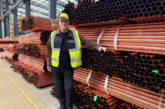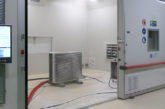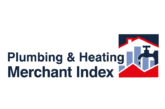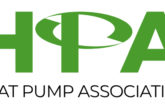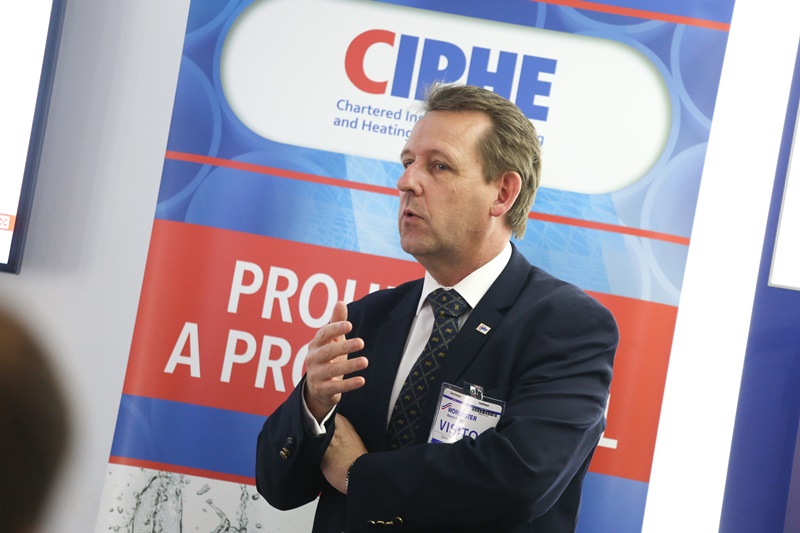
Kevin Wellman, Chief Executive Officer at The Chartered Institute of Plumbing and Heating Engineering (CIPHE) discusses the Improving Boiler Efficiency Standards, what this means for installers, the importance of upskilling the industry to meet the new standards and how to support their customers now.
The government recently publicised its response to the consultation on Improving Boiler Efficiency Standards. The consultation includes a range of proposals relating to gas boilers, hydrogen-ready boilers and hybrid heating systems.
The aim behind improving the efficiency standards of the UK’s boilers is two-fold. Firstly, it is to reduce domestic gas consumption to lower consumers’ bills, reduce carbon emissions, and improve energy security. Secondly, this will help the installers prepare for the transition to low-carbon heat in the form of heat pumps or a potential hydrogen conversion.
A crucial aspect identified within the consultation is the need for competent professionals. In fact, two thirds of respondents to the consultation agreed that low temperature training should be mandatory for gas engineers to help ensure Building Regulations are met. With this in mind, the government’s response recognises that professionals installing heating systems and self-certifying that their work complies with the Building Regulations must be competent to sign off all aspects of the work, including energy efficiency matters. As a result, the government intends to introduce a requirement for low temperature training for Gas Safe installers.
Core focus
Of course, following a series of high profile building safety failures, competency has been a core focus for all aspects of the built environment. As part of this, professionals across the industry are dealing with a constantly changing regulatory landscape and all work should be completed to the highest standards. This means that for the plumbing and heating industry, we must not only improve competence on low temperature systems, but also carefully consider the performance properties of the materials specified and the methods undertaken to install new systems to ensure compliance.
While the whole of the construction industry recognises the necessity for competency, with the biggest set of regulation change to impact the sector in over a decade, achieving compliance can feel like a daunting challenge. This is why upskilling the workforce is vital. But to do this, installers must have access to training and resources that can aid them in meeting customer needs whilst also feeling confident in meeting the regulations set out by the government. And, as our qualifications currently stand, installers will be unable to meet these requirements.
New qualifications
At the CIPHE, we have been developing a new proposed qualification that has received encouragement from numerous government departments. It recommends the introduction of a new Level 2 qualification. The new Level 2 would give apprentices an additional entry point that could help them to secure a career in the industry with an adequate level of competency. Level 3 would then be used to upskill people in renewables and low temperature system design.
Outside of upskilling the workforce, the new Level 2 would give apprentices more access routes into the industry and opportunities to specialise, whilst also being more beneficial to businesses who would then be able to commit to onboarding an apprentice for two years and progress to a Level 3 course if they choose to do so.
To gain industry insight into how the new qualification may benefit the industry both now, and for future generations, we recently conducted our own consultation to garner feedback from the industry and understand their thoughts on the new Level 2 qualification. So far, this has taken the form of a Plumbing Employers Group and research conducted with apprentices, business owners, educators and professionals in the sector regarding training within the plumbing and heating industry.
Through this research, we found that an overwhelming 89% of respondents felt that there should be both Level 2 and Level 3 entry points for careers as a plumber, and, of the employers surveyed, 82% said that a Level 2 would benefit them and encourage them to take on an apprentice.
Competency
While education is crucial to upskilling the workforce, ensuring competency and helping the UK achieve net zero, there are things plumbing and heating professionals can do today to help consumers increase efficiencies within their home and in turn reduce their bills. For example, undertaking training in renewables and incorporating insights learnt into advising customers. On top of this, in line with the updates to Part L, installers should ensure pipework is insulated. This helps minimise heat loss or risk of freezing in winter, reducing the energy required to maintain the temperature of the water in the pipe and in turn saving customers money. Insulation also prevents condensation which can lead to corrosion or damp over time.
Installers can also support customers by advising on smart controls or recommending an annual boiler service and plumbing health check to ensure their system is running at maximum efficiency, while also expanding the system’s lifespan.
There is undeniably work to be done to ensure professionals within our industry can meet the changing regulations laid out by the government while adequately supporting customers in a way that will limit their energy use and help them to prepare their homes for the future.
While it can at times feel overwhelming, there are resources that can help.


